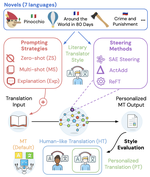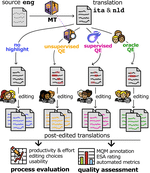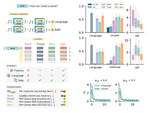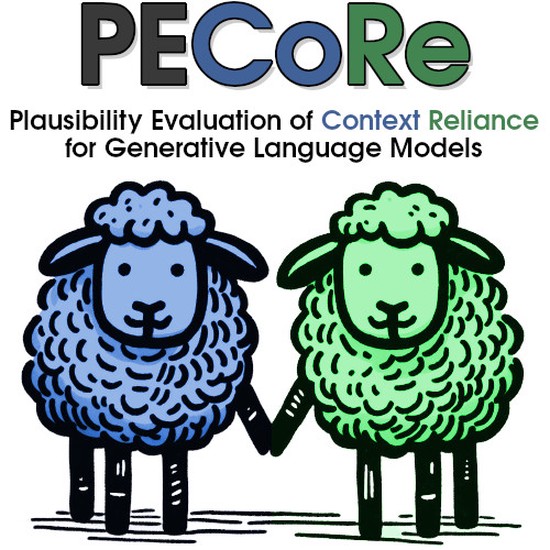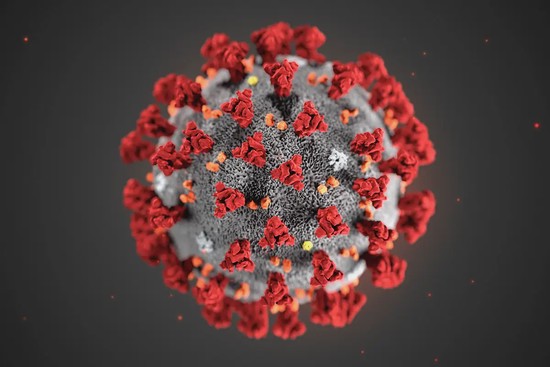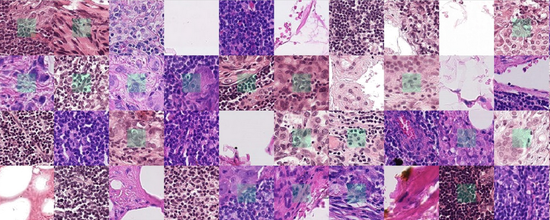Gabriele Sarti
Postdoc in NLP Interpretability
Khoury College of Computer Sciences, Northeastern University
Welcome to my website! 👋 I am a postdoc in the BauLab at Northeastern University, working on the National Deep Inference Fabric (NDIF) project to empower interpretability researchers with intuitive and extensible interfaces.
Previously, I was a PhD student at the University of Groningen, where I completed my thesis on actionable interpretability for machine translation as a member of the InCLoW team, the GroNLP group and the Dutch InDeep consortium. My supervisors were Arianna Bisazza, Malvina Nissim and Grzegorz Chrupała. Before that, I was a applied scientist intern at Amazon Translate NYC, a research scientist at Aindo, and a Data Science MSc student at the University of Trieste, where I helped found the AI Student Society.
My research aims to translate theoretical advances in language models interpretability into actionable insights for improving trustworthiness and human-AI collaboration. To this end, I lead the development of open-source interpretability software projects to enable reproducible analyses of model behaviors. I am also excited about the potential of human behavioral signals for personalizing AI workflows.
Your (anonymous) constructive feedback is always welcome! 🙂
Interests
- Generative Language Models
- Deep Learning Interpretability
- Human-AI Interaction
- User Modeling and Personalization
Education
-
PhD in Natural Language Processing
University of Groningen (NL), 2021 - 2025
-
MSc. in Data Science and Scientific Computing
University of Trieste & SISSA (IT), 2018 - 2020
-
DEC in Software Management
Cégep de Saint-Hyacinthe (CA), 2015 - 2018
Experience
-
Postdoctoral Researcher
Northeastern University (US), 2026 -
-
Applied Scientist Intern
Amazon Web Services (US), 2022
-
Research Scientist
Aindo (IT), 2020 - 2021

